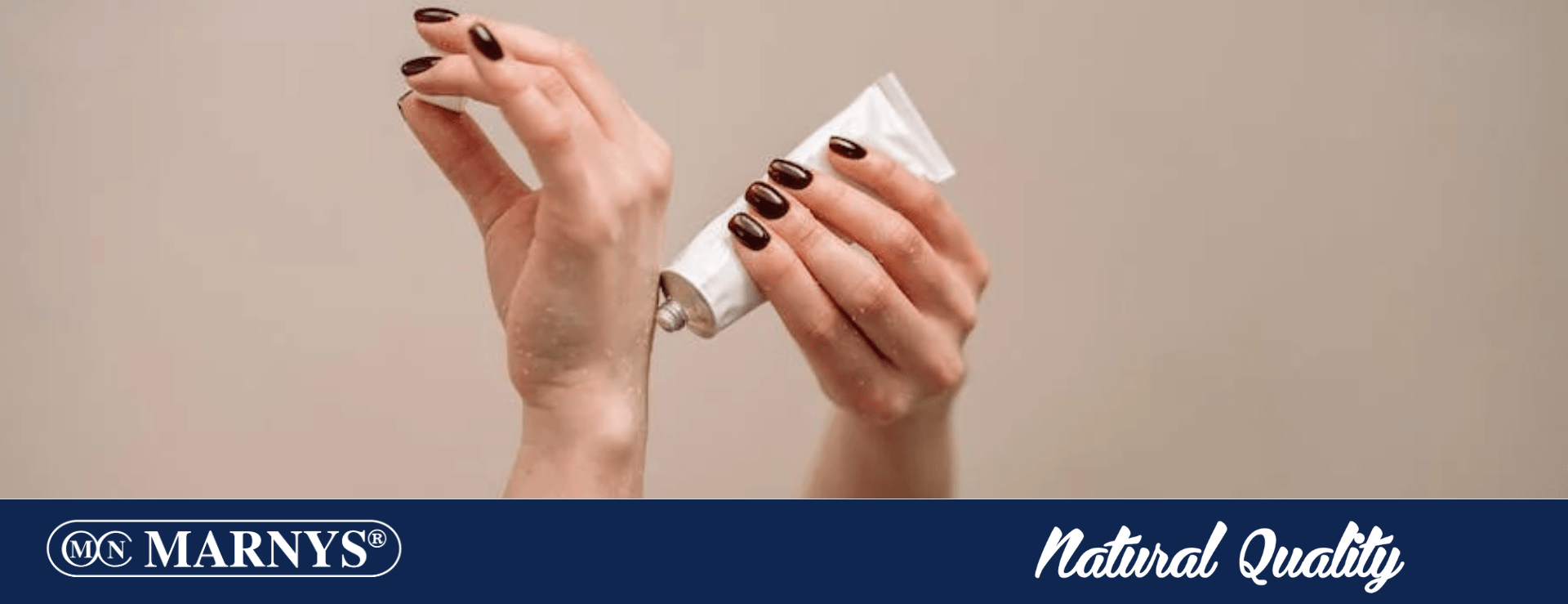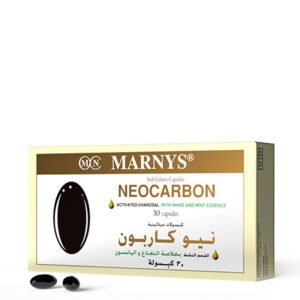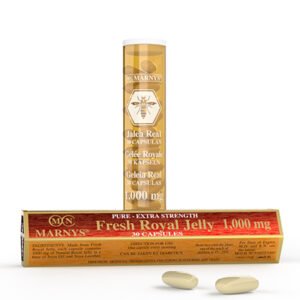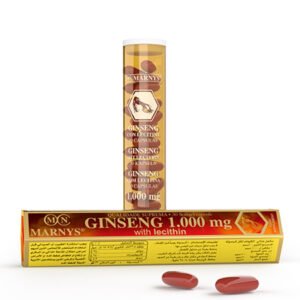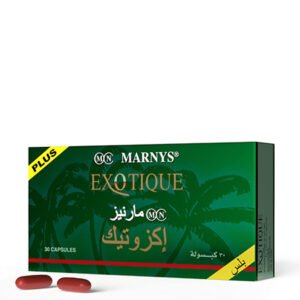The answer is yes, but to find out why, we must first know a little more about psoriasis. Our skin is one of the most sensitive organs. That is precisely why we need to know how to take care of it, pamper it and nourish it. This tissue is often affected by both external and internal agents which may cause injuries. One of the most common, but also the most unknown, skin conditions is psoriasis. We tell you what it is and how to manage its symptoms.
What is psoriasis and why does it appear?
According to the Spanish Academy of Dermatology and Venereology, psoriasis is a chronic inflammatory disease of the immune system which affects the skin, nails and joints. It is one of the most common dermatological conditions as, according to the Spanish Association of Psoriasis and Psoriatic Arthritis Patients, it affects 2.3% of the population. It is caused by a genetic predisposition, although apart from this predisposition, other triggering factors are necessary.
Psoriasis is a so-called autoimmune disease. Our immune system is responsible for protecting us from disease and infection. In autoimmune diseases such as psoriasis, the immune system of people with the disease attacks the healthy cells in their body by mistake, causing skin injuries.
Types of psoriasis
There are several types of psoriasis, and people may develop one or both types or the type may change and may develop into another, more severe type. Types include:
Scaly psoriasis
It is the most common type of psoriasis. It causes the appearance of thin, dry, and red layers of skin covered with silvery scales. The spots usually develop symmetrically on the body and tend to appear on the scalp, trunk, and peripheries, especially the elbows and knees.
Guttate psoriasis
This type often affects young people and children, and is often irritated by a bacterial infection (such as a streptococcal infection that affects the throat), and appears in the trunk and limbs.
Pustular psoriasis
Pus-filled bubbles (pustules) form on the surface of the skin, and appear in different forms in different areas of the body. It usually affects the hands and feet, and these blisters can crack, causing painful cracks in the skin.
Inverse psoriasis
It appears in the form of large, red spots on the skin, and appears in the folded areas of the skin (such as armpits, thighs, and under the breasts), and the condition gets worse with friction and sweating.
Nail psoriasis
Some people with psoriasis suffer from nail problems, which appear in the form of small pits or scratches on the surface of the nails. The nails may develop a dark brown color or may separate from the nail base.
Psoriatic arthritis
Some people with psoriasis develop a type of arthritis, which often appears in the form of pain, swelling, and stiffness in the joint, especially the finger joints, or pain in the ankle.
Psoriasis: risk factors
It usually appears between the ages of 15 and 35, but may also affect children and the elderly. Some kinds of psoriasis are more common during childhood while others are more common during adolescence.
Genetics
According to the Genetics and Psoriasis study by the Spanish Association of Psoriasis and Psoriatic Arthritis Patients, the genetic risk of suffering from psoriasis is around 14%, i.e. the risk of transmitting the disease to the children when one of the parents suffers from it. In the case of both parents, the risk increases to 41%. However, it is important to remember that an individual may carry the gene and may not have the disease.
Risk factors
However, the majority of psoriasis cases, 8 out of 10, are related to external and environmental factors, as well as individual lifestyles. Stress, bad habits such as alcohol, smoking or a lack of exercise can also trigger and increase the symptoms. It is recommended to have a healthy life with a balanced diet and regular sport practice.
How contagious is psoriasis?
Unlike what many people believe, it is not transmitted between individuals and is therefore not contagious. As we have already discussed, although it has a genetic component, hereditary transmission is low, with only 14% if only one parent carries the condition.
Main symptoms of psoriasis
The symptoms are different depending on the experience of each patient. According to the Spanish Academy of Dermatology and Venereology’s Guidelines for Patients with Psoriasis, symptoms may be mild, such as plaques and some occasional itching, although more intense symptoms may also occur, especially when the plaques are covered with pearly scales which may come off regularly.
It is important to note that, depending on the kind of psoriasis the patient has, the appearance of plaques may be either partial and in different parts of the body, or more serious, affecting most of the skin or as pustules, causing itching and pain in patients.
Tips for managing psoriasis symptoms
The symptoms are dermatological, so skin care will be essential to treat the discomfort. In order to manage the symptoms of psoriasis, it is necessary to care for factors such as diet, lifestyle. And, very significantly, personal hygiene products.
It is recommendable to use specific hygiene products to keep the skin moisturised, as lack of moisture may exacerbate the symptoms of this disease. Moisturising the skin helps to prevent the damage caused by injuries, as well as protecting the skin barrier and preventing the incidence of external factors.
Food
As we have already seen, nutrition plays an important role in psoriasis. In order to have a good and balanced diet, it is recommended to include fruit, vegetables and legumes, as well as meat and fish. Taking into account the most essential nutrients for the body.
Look after your cosmetics and moisturise your skin
Moisturising and cleansing the skin not only has esthetic advantages, but it is also important to nourish and care for the skin. Cosmetic and natural oils are a good ally to care for and moisturise our skin. In any case, and in case of any symptom or suspicion of any skin ailment, it is recommended that you visit a specialist or dermatologist.
MARNYS® provides you with guaranteed quality natural beauty oils that are produced with natural ingredients, free from potentially harmful chemicals and with all the nutrients needed to take care of our bodies.
MARNYS® DREAMPURE products give you the essential daily care that your skin needs. Cosmetics MARNYS are organic, natural and certified to the Cosmos standard by the Soil Association.
